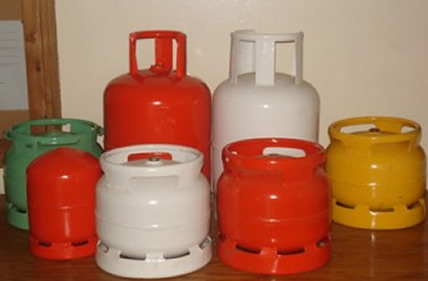-
Average 12.5kg cylinder now costs over N20,600 nationwide
-
South-South states record highest prices, Yobe lowest
-
Month-on-month dip offers little relief for households
The National Bureau of Statistics has confirmed that the retail cost of cooking gas in Nigeria has surged by 44.51 per cent year-on-year, underscoring a sharp rise in living expenses for households already battling economic headwinds.
According to its latest Liquefied Petroleum Gas Price Watch for July 2025, the average price of refilling a 12.5kg cylinder rose from N14,261.57 in July 2024 to N20,609.48 in July 2025.
ATTENTION: Click “HERE” to join our WhatsApp group and receive News updates directly on your WhatsApp!
This marks a significant reversal from the same period last year, when the commodity’s price briefly declined on a month-to-month basis.
The NBS report further highlights that while there was a modest 1.91 per cent fall between June and July 2025—from N21,010.56 to N20,609.48—the marginal relief does not alter the longer-term inflationary trend that continues to strain household budgets.
In regional analysis, Adamawa, Rivers and Taraba recorded the highest average retail costs for a 12.5kg refill at over N22,300, while Yobe, Niger and Nasarawa posted the lowest, with Yobe’s average at N19,030. A similar trend was seen in the 5kg refill category, with Adamawa, Rivers and Taraba again at the top, and Yobe among the cheapest states.
By geopolitical zones, the South-South reported the highest average retail price for refilling both 5kg and 12.5kg cylinders, followed closely by the South-East. The South-West consistently had the lowest averages, though still above N20,000 for 12.5kg.
READ ALSO: NBA Star Jaylen Brown’s Father Charged with Attempted Murder
The Bureau noted that its findings were based on data gathered from more than 10,000 respondents across the country’s 774 local government areas, reflecting a comprehensive nationwide picture of the market.
The figures come despite earlier government interventions, including an October 2024 ban on the export of locally produced cooking gas to prioritise domestic supply, a measure that officials had hoped would ease cost pressures. Experts caution, however, that sustained relief is unlikely without deeper structural reforms in energy pricing and distribution.

